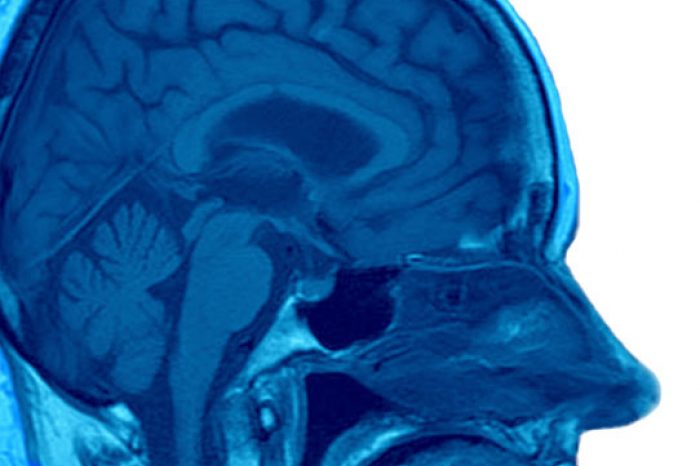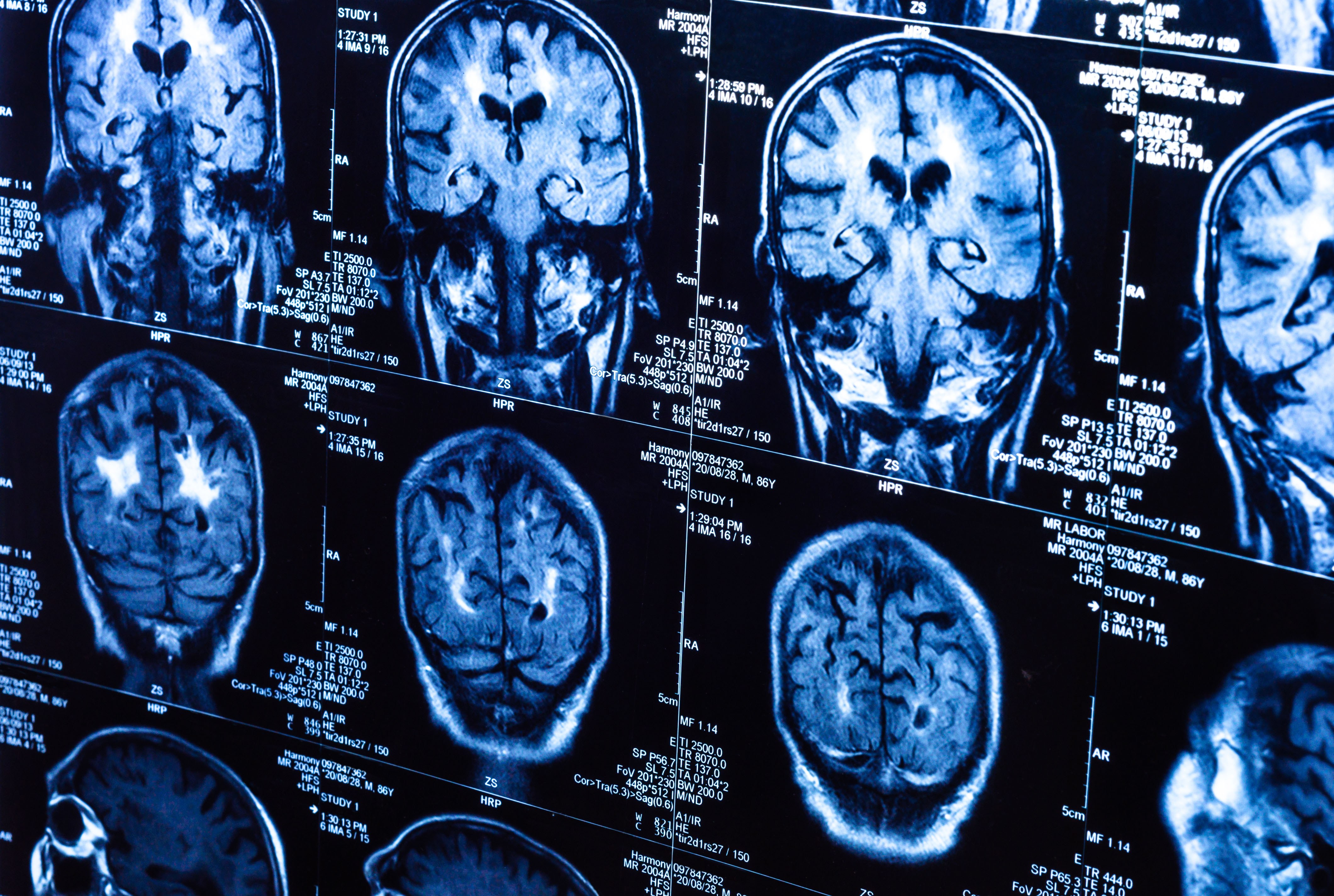
Close to 2 million concussions occur annually in children and teens in the U.S. (Bryan et al 2016). Concussion are the most common type of mild brain injury, and concussions can be caused by an impact to your head or whiplash motion to your body that makes your brain bounce or twist inside your skull. Concussions don’t only occur with sports, and there are many other causes of concussions including falls, car accidents, and many other non-sport injuries.
More than ½ a million of these injuries aren’t seen in the emergency rooms or by a physician. (Bryan et al 2016). Even though concussions are often called a “mild” traumatic brain injury, concussions should be taken seriously.
Not every sports-related concussion is an emergency, but if a concussion is suspected stop athletic activities to avoid another blow to the head. A concussion can occur even without a loss of consciousness. Seek emergency care if you are experiencing the following symptoms:
Timely recognition and appropriate response to a concussion is important in treated a concussion. Signs of a concussion can vary from person to person, and may not be noticeable immediately after the concussion.
Most children and teens feel better within a couple of weeks, however, sometimes symptoms can last longer. Following a concussion, it can be difficult to decide when a child is ready to return to school or return to sport. A concussion specialist can help with these decisions and tailor these decisions to the individual.
A concussion specialist is a healthcare provider who has completed additional specialized training in concussion diagnosis and management. Concussions do not normally show up on a CT scan or MRI, so your concussion specialist will use several other tools to help diagnose a concussion and recommend a tailored treatment. These include:
Not every doctor is a concussion specialist. Resources such as Concussion Care Providers can help you find a specialist near you (https://concussioncareproviders.com/).
Concussion specialists know that every concussion is different and treatment should be specific to your case. Decisions about when to return to school and when to return to sport can be complex. Most children and teens need help with timing of these decisions and making academic adjustments as they return to school.
After a concussion, an athlete should only return to sports under the supervision of a health care provider. A concussion specialist will use neuropsychological testing along with other tools to help guide return-to-sport decisions.
It is generally accepted that an athlete has recovered enough to return to competition when symptoms, cognition and balance have returned to baseline (McCrory et al. 2009). Neuropsychological tests can help detect subtle changes in cognitive function and help more reliably track recovery. Several studies have found that even after an individuals' concussion symptoms have resolved they can have continued abnormalities on neuropsychological testing (Broglio et al. 2007; Iverson et al. 2006; Peterson et al. 2003). This suggests that neuropsychological testing may be more sensitive than using symptoms alone to determine brain recovery after a concussion.

REFERENCES:
Broglio SP, Macciocchi SN, Ferrara MS. Neurocognitive performance of concussed athletes when symptom free. Journal of Athletic Training. 2007;42(4):504–508.
Iverson GL, Brooks BL, Collins MW, Lovell MR. Tracking neuropsychological recovery following concussion in sport. Brain Injury. 2006;20(3):245–252.
McCrory P, Meeuwisse W, Johnston K, Dvoøák J, Aubry M, Molloy M, Cantu R. Consensus statement on concussion in sport: The 3rd International Conference on Concussion in Sport held in Zurich, November 2008. British Journal of Sports Medicine. 2009;43(Suppl 1):i76–i84.
Mersine A. Bryan, Ali Rowhani-Rahbar, R. Dawn Comstock, Frederick RivarA. Sports- and Recreation-Related Concussions in US Youth. Pediatrics Jul 2016, 138 (1) e20154635.
Peterson CL, Ferrara MS, Mrazik M, Piland S, Elliott R. Evaluation of neuropsychological domain scores and postural stability following cerebral concussion in sports. Clinical Journal of Sport Medicine. 2003;13(4):230–237.
Historically, osteoarthritis was described as “wear and tear” of cartilage. We now understand it as a whole-joint disease, involving cartilage breakdown, subchondral bone remodeling, and bone marrow lesions. In recent
Read More